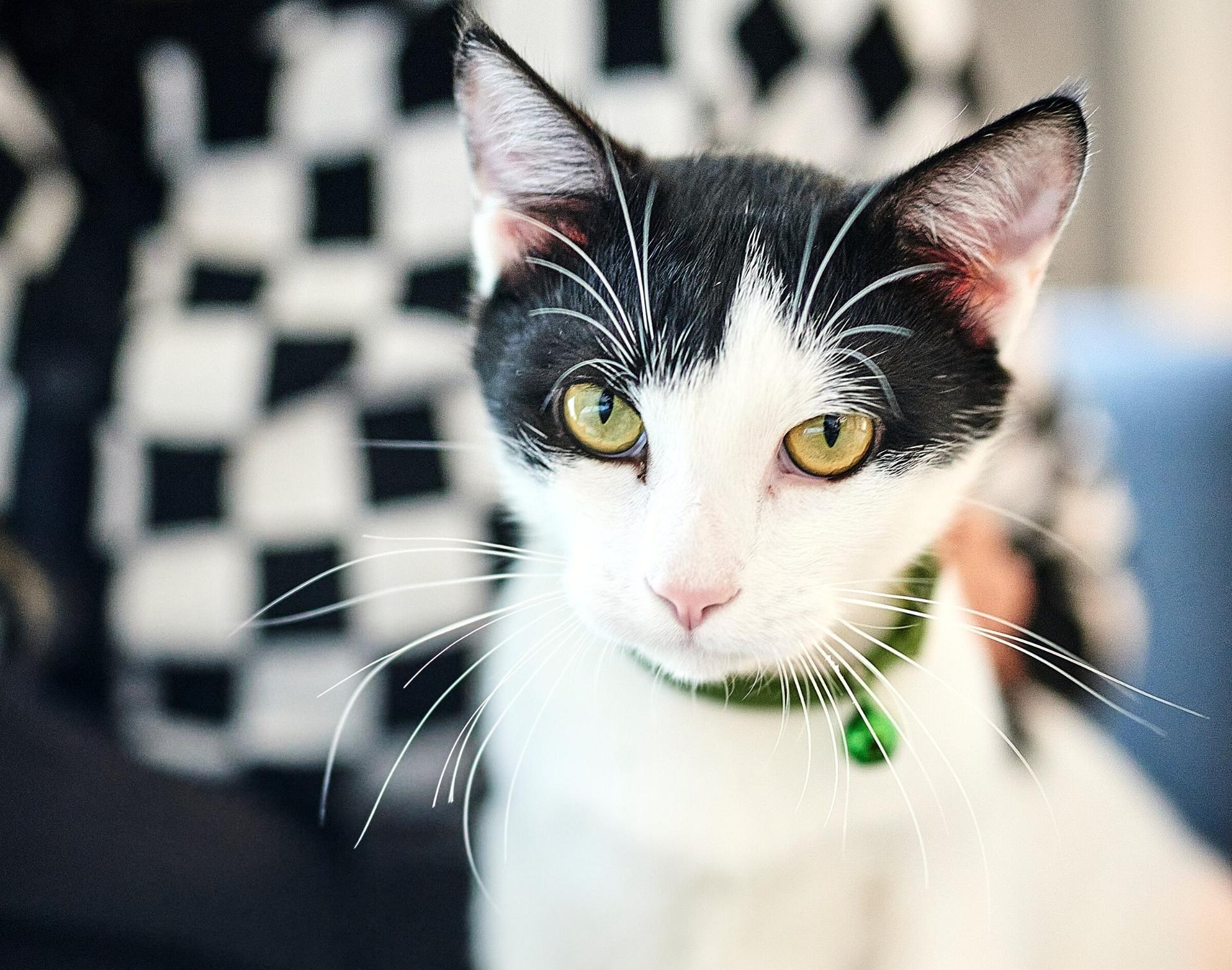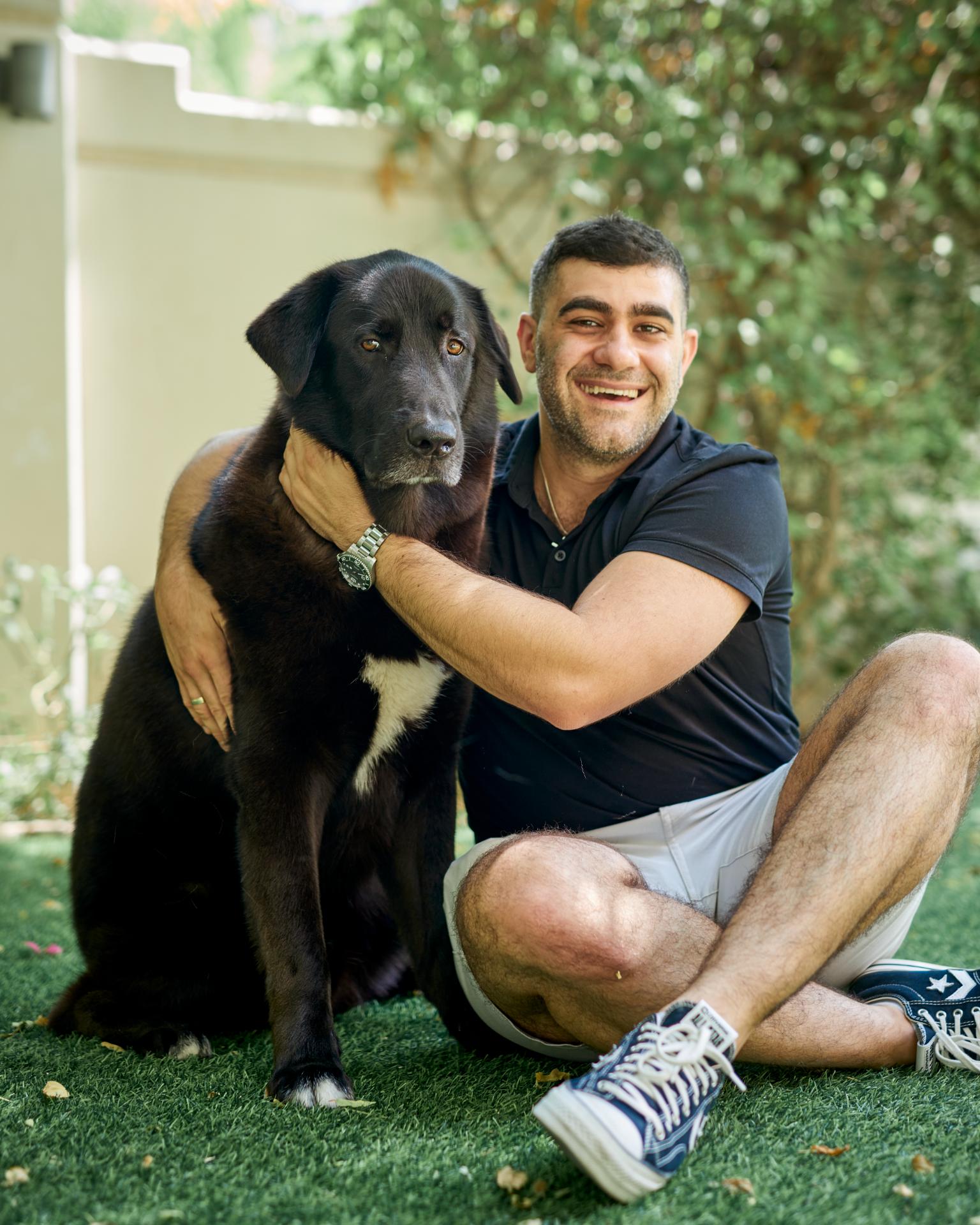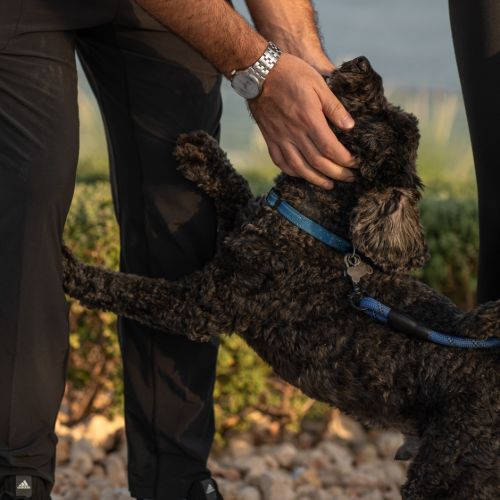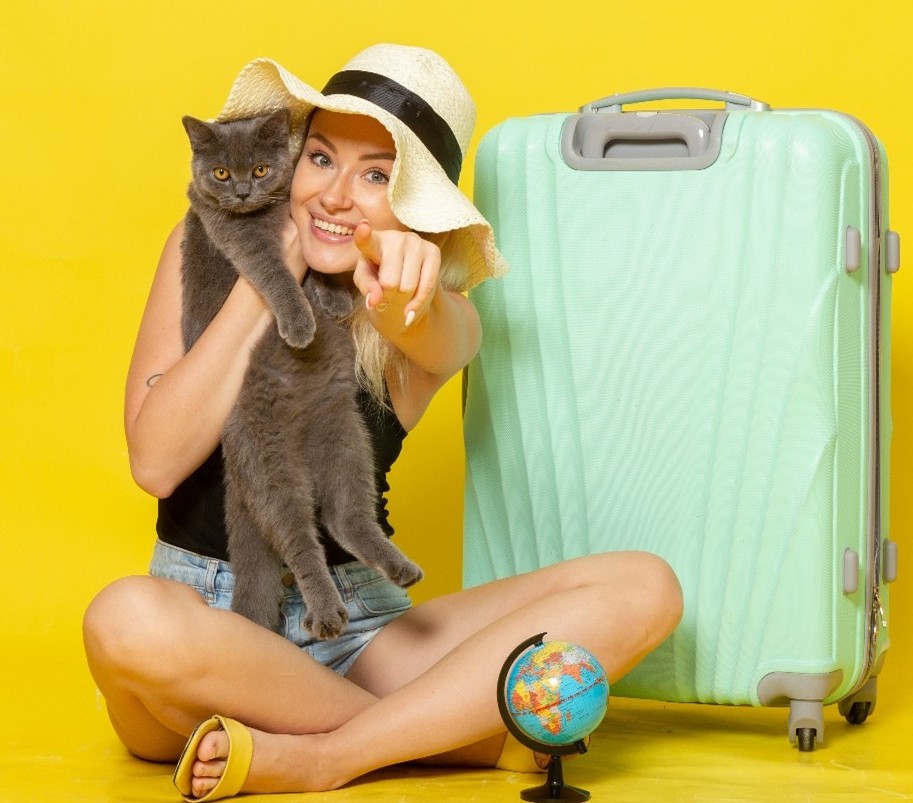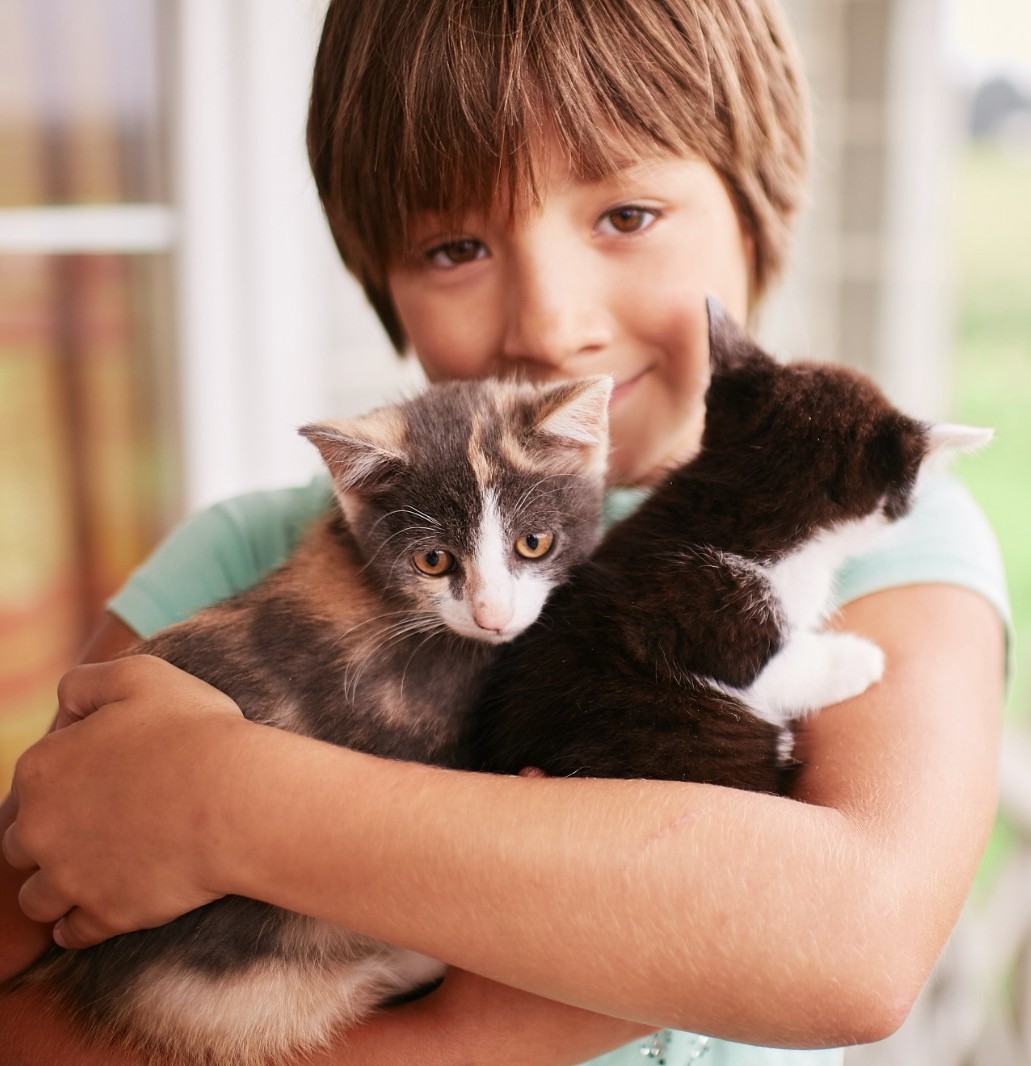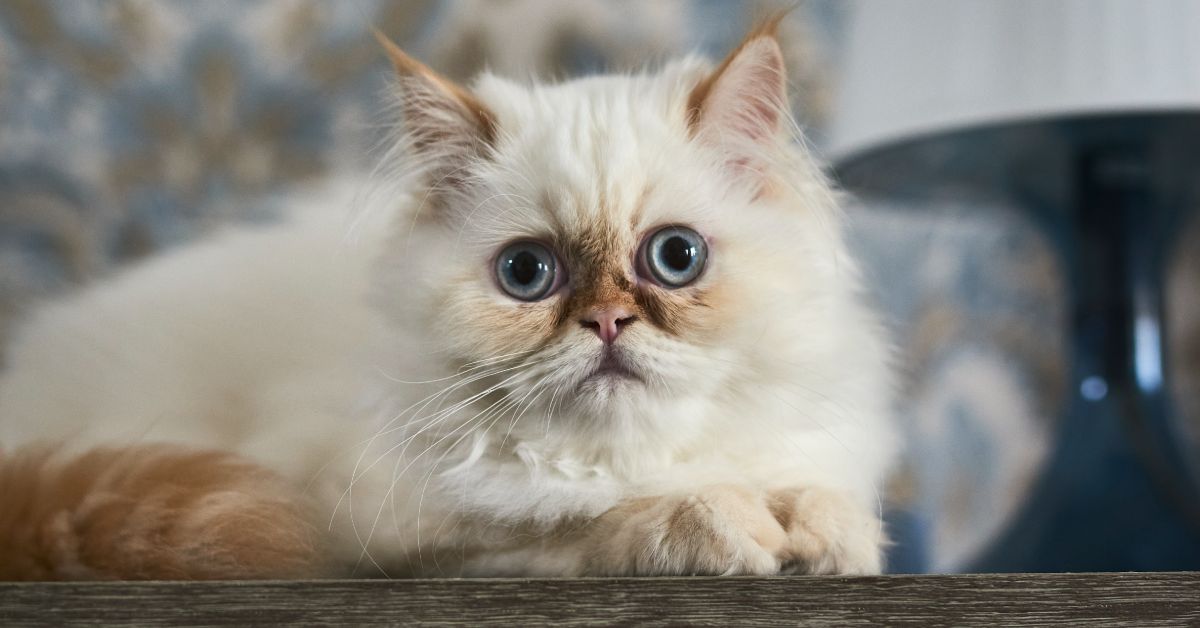
21 February 2025
|PetBae
Why Your Cat Twitches in Their Sleep
If you’ve ever watched your cat snooze, you’ve probably noticed some twitching, whether it’s their paws moving, whiskers trembling, or even their mouth twitching slightly. If you’re wondering what’s going on, you’re not alone. While it may seem concerning, twitching during sleep is usually completely normal. In fact, it’s a natural part of their sleep cycle!
So, why do cats twitch in their sleep? There are several reasons for this behavior, from dreaming to muscle spasms, allergies, or even seizures. But rest assured, in most cases, it’s nothing to worry about. If you’re concerned, though, it’s always a good idea to check in with your vet—especially if your cat is under cat sitting or cat boarding services through PetBae, where we prioritize your pet’s health and well-being.
The most common reason for twitching during sleep is simply that your cat is dreaming. Like humans, cats enter REM (Rapid Eye Movement) sleep, the phase when dreams occur. During this time, the brain is highly active, and your cat’s motor cortex activates, causing involuntary movements like paw, ear, and whisker twitches. This is completely normal and healthy for your cat, so it’s best not to disturb them during this time. If you try to wake your cat during this stage, they might become startled or even frightened—just like a human would when awakened from a deep sleep.
Another reason cats twitch is due to muscle spasms. Just like people sometimes experience “sleep starts” when falling asleep, cats can have similar involuntary muscle contractions. These twitches are a natural part of the sleep cycle and typically occur as a reflex during the transition between sleep phases. It's all part of the way their bodies have evolved to respond quickly to external stimuli—an important trait for hunters, even when they’re asleep.
Sometimes, your cat might twitch due to allergies or skin irritations, such as flea dermatitis. If your cat has itchy skin, they may try to scratch during their sleep, causing slight twitching or jerking. While this isn’t very common, it can happen. If you notice excessive scratching upon waking, it might be worth looking into potential allergies or irritations and scheduling a vet visit if needed.
In rare cases, twitching during sleep could indicate something more serious, like a seizure. Seizures are often accompanied by more pronounced symptoms, such as full-body convulsions, excessive drooling, loss of consciousness, or even urination or defecation. If you notice these signs, it’s essential to contact your vet immediately for an evaluation.
When it comes to your cat’s sleep habits, rest assured that it’s completely normal for your cat to sleep for 12 to 16 hours a day, especially if they are indoor cats. Some cats, particularly older ones, may sleep even more. Cats are crepuscular, meaning they tend to be most active at dawn and dusk, which is when they are typically in their most energetic state. Their sleep patterns can shift to match your routine, though, especially if your cat enjoys cat sitting or cat boarding at PetBae, where we work to accommodate your cat’s needs.
If you’re concerned about your cat’s sleep and twitching, monitoring their sleep is a good idea. However, most cats don’t require constant supervision during their naps. As long as you don’t notice signs of distress—such as excessive twitching, stiffness, or abnormal behavior upon waking—it’s best to let them rest undisturbed. Cats generally have a slow breathing rate while asleep (around 12 breaths per minute), so it’s a good idea to familiarize yourself with your cat’s typical sleeping patterns to detect any unusual changes.
If you notice that your cat’s twitching is excessive, accompanied by signs of pain, or lasts for longer than usual, it might be time to reach out to a vet. They can provide insight into whether your cat’s twitching could be a sign of an underlying health issue, such as epilepsy or another neurological disorder.
Creating a peaceful, comfortable sleeping environment for your cat can also help them rest better. Consider offering them a cozy covered bed, a high perch like a cat tree, or even a quiet corner away from other pets and children. Regular veterinary checkups are also essential to ensure your cat is healthy and free from conditions that might affect their sleep.
At PetBae, we understand the importance of keeping your cat comfortable and safe, whether they're at home or under the care of our trusted cat sitting and cat boarding services. If you notice any changes in your cat’s behavior, including unusual twitching during sleep, we’re here to help and ensure they get the care they need.



